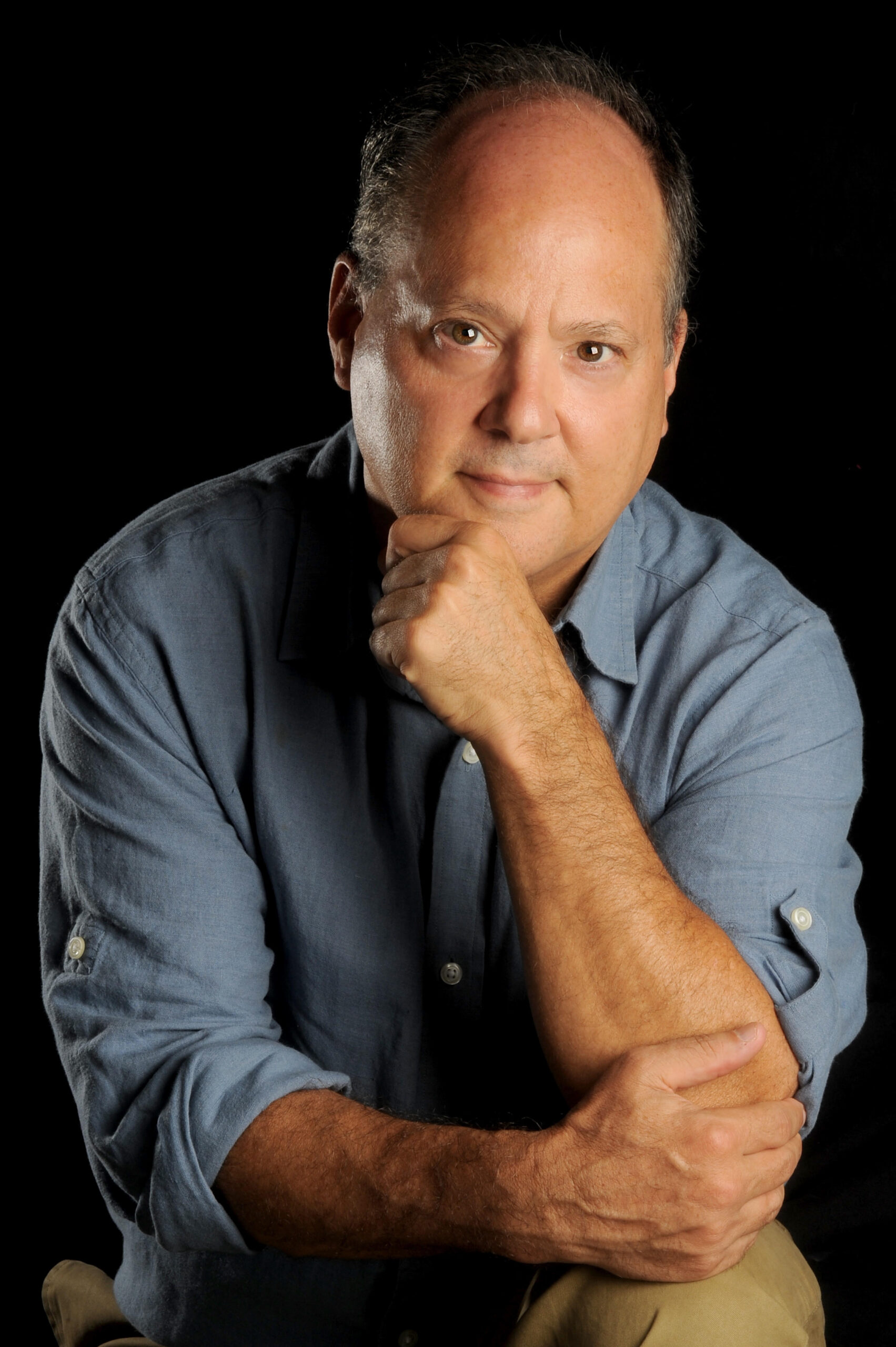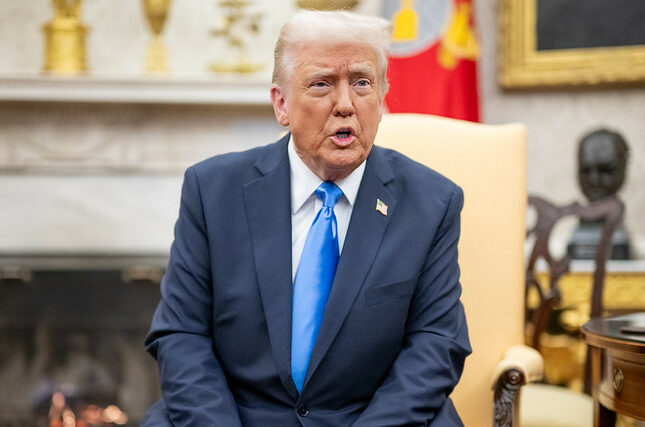Donald Trump insists this isn’t his war — that it belongs to Ukraine’s President Volodymyr Zelensky and former President Joe Biden. “This is not my war; it is theirs,” he has said, all from a man who claims he alone can solve the world’s problems.
History, however, leaves little patience for such deflection. President Richard Nixon tried the same with Vietnam, which began under President John F. Kennedy and escalated under President Lyndon B. Johnson. By the time Nixon left office, the war had become his trial — a test that exposed his leadership under intense pressure and shaped his legacy.
Ukraine is now Trump’s crucible. The country is under relentless attack, and he cannot dismiss or deny responsibility. Every decision — from signaling NATO’s resolve to supporting Ukraine’s defenses — will be scrutinized in the harsh light of history. So far, his weakness is evident.
The stakes are urgent. A swarm of Russian drones recently entered Polish airspace, testing NATO’s resolve. Since Trump returned to the White House in January, aerial bombardment of Ukraine has surged. Independent conflict trackers report Russia’s monthly missile-and-drone launches nearly doubled from December 2024 to May 2025. Hundreds of bombs have hit Kyiv in a single night — coordinated attacks targeting cities, infrastructure and daily life.
On the ground, Ukraine is mounting a remarkable defense, repairing infrastructure under fire and demonstrating determination that defies Moscow’s aggression. Meanwhile, Russia has suffered repeated military embarrassments, forcing alignment with North Korea and Iran — a reflection of strategic and moral decay.
Every day the United States hesitates, Moscow interprets it as permission to push further. From Moldova to the Baltics, from cyberattacks to hostile maneuvers in the Black Sea, Russia is testing the West on multiple fronts. Weakness in one theater invites challenges in others.
The lessons are rooted in U.S. tradition. Support for Ukraine — through aid, diplomacy or military investment — signals commitment to democratic ideals.
Ignoring the challenge or deflecting responsibility risks consequences far beyond Kyiv, affecting global trade, security and the credibility of alliances that matter to citizens from Ohio to Minnesota. NATO is only as strong as its members’ willingness to respond. If the United States wavers, other nations may question their commitments, undermining the collective defense principle that has kept the Free World secure since World War II.
Strength is paramount. Russia’s brazen attacks must be met head-on, not with red carpets for Vladimir Putin. Talk is cheap. The United States should ratchet up sanctions, boost weapons support for Ukraine, and maintain diplomatic and commercial ties with Kyiv.
Michael McFaul, former U.S. ambassador to Russia, implicitly understands: “Ukraine is actually worse off under President Trump.” Experts in Washington and Europe warn that U.S. hesitation carries consequences far beyond Kyiv.
The contrast is stark. Where Trump practices distance and deflection, McFaul sees responsibility and consequence. Where Trump calculates political self-interest, McFaul highlights the strategic cost of failing to stand up to bullies. As the Stanford professor notes, leaders are judged by the wars they face, even if those conflicts began before their tenure.
History is unforgiving to leaders who ignore crucibles. Nixon could not evade Vietnam, and Trump cannot escape the fact that Ukraine’s war now carries his signature. Moscow is watching, and so are America’s allies.
This is not abstract geopolitics. Millions of Ukrainians face daily threats to life, power and basic services. Each attack on schools, hospitals, and energy systems is not just a tactical strike; it is an assault on the very idea of a democratic society. Treating Ukraine as a secondary issue weakens the institutions and alliances that have underpinned global stability for decades. Authoritarian actors assess intentions and exploit inaction.
Trump may hope to avoid responsibility by framing Ukraine as someone else’s fight. However, the surge in Russian attacks, the testing of NATO and the daily risks faced by millions of Ukrainians make the war unmistakably his. The crucible is active, intense and visible worldwide. He cannot escape judgment, no matter how he spins it. History will remember not what he claimed, but what he did.
Wars burn presidential legacies into national memory — not for starting them, but for failing to act decisively when it mattered most.


